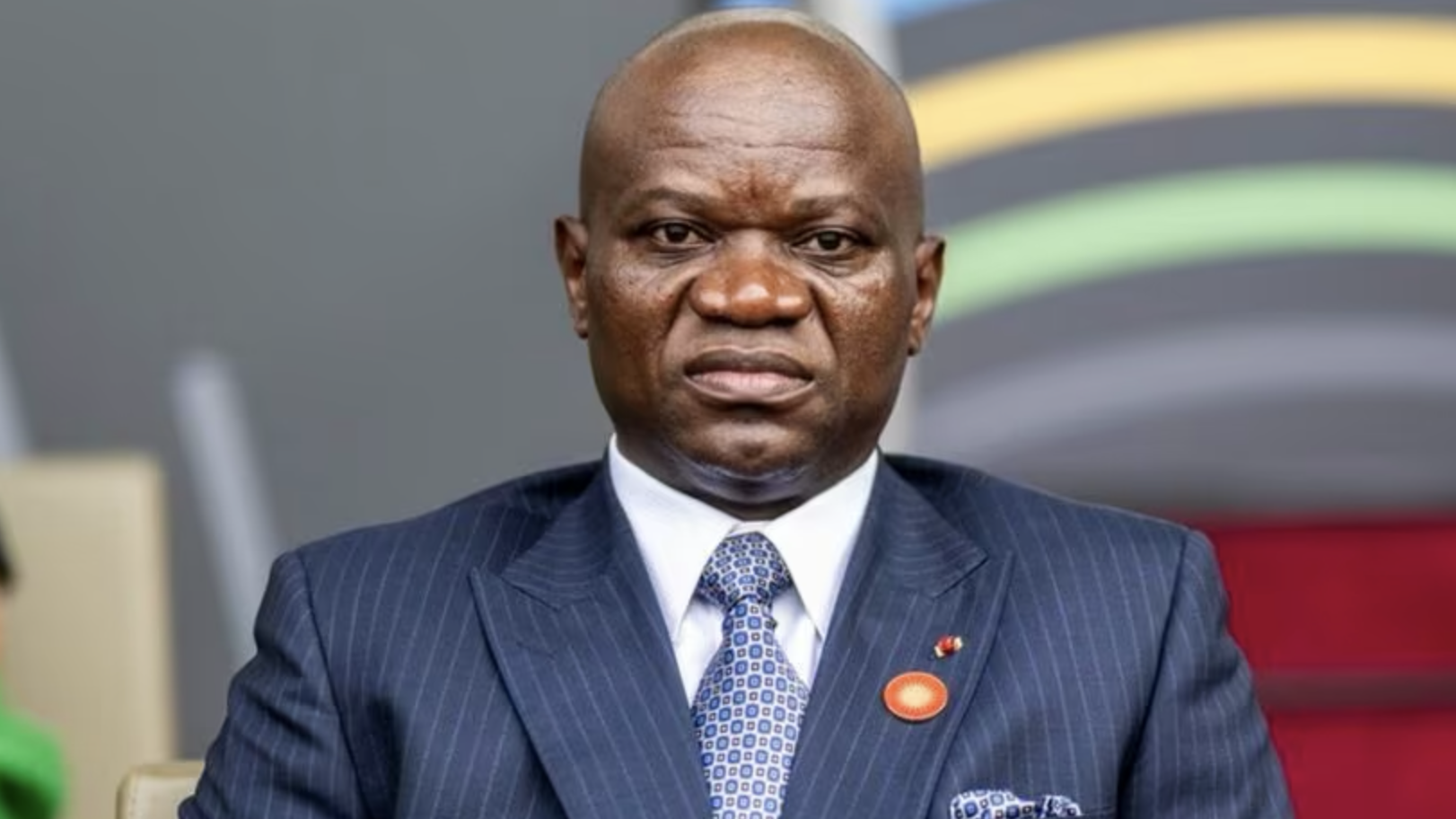
Gabon's President Oligui Nguema launches a second PDG: the democratic sham
Brice Oligui Nguema has just taken a new step in his strategy of consolidating power: the official launch of his own political party. Even though the Constitution, revised in 2024, already concentrates all executive and legislative levers in his hands , this initiative seems to respond more to a need for symbolic legitimacy than to a real political necessity. Jean-Rémy Yama, a leading opposition figure, does not hesitate to denounce what he already calls a "PDG bis." And with a law drastically regulating parties, we are getting dangerously close to a reinvented monarchy.
A symbolic mark in an already locked regime
Oligui Nguema's announcement of the party's launch came on June 22, with an inaugural assembly scheduled for the 28th at the Palais des Sports in Libreville. An almost grotesque maneuver: the Constitution, adopted in 2024, already grants the president almost unlimited power – appointing ministers, dissolving parliament, directing the armed forces, declaring a state of emergency… it's all there .
So why this party? To give itself the aura of a "popular majority"? To mask the authoritarian state of the nascent regime? Because in reality, Parliament has neither countervailing power nor real autonomy: it obeys. The opposition has pointed this out, denouncing a "servility like no other."
"It wasn't necessary": the second CEO is already here
Jean-Rémy Yama says it bluntly: creating a party is futile, "the Constitution gives all the powers to the president, to the point that he no longer even needs a majority in the Assembly." A better summary? No. With this initiative, the president is creating a fictitious legitimacy for himself, while recycling the practices of the Gabonese Democratic Party (PDG): clientelism, co-optation, and lock-in. "This will be the creation of a second PDG. I think the same flaws... will recur," he continues, projecting himself into a déjà vu haunted by the hegemony of the Bongo regime.
The PDG, dissolved after the 2023 coup, is reborn here in a new guise. The name has changed, but the setting remains the same: a machine party to maintain power, without pluralism or democratic debate.
Forced partnerships and a return to a single party?
The icing on the cake: five days earlier, on June 17, the Assembly had adopted a law reducing the national political landscape to a maximum of three or four parties. Under the pretext of combating the inflation of parties, membership thresholds were imposed (9,000 or 12,000 members depending on the source). Behind the words, the goal: to lock down the opposition, force the smallest parties to merge or disappear, and above all to shape a majority, in order to transform Parliament into a simple chamber of registration.
Under the guise of reforms, we are already witnessing an authoritarian drift: a strengthened presidential monarchy, freed from political competition.
A risk of a new disguised dictatorship
Brice Oligui Nguema is no longer satisfied with military legitimacy. He wants that of a "popular majority." But this democratic sham reeks of a return to a single regime. The 2024 Constitution, tailored to his needs , already gives him full powers ; why, then, this new party if not to strengthen his roots, push aside dissent, and muzzle pluralism?
The scenario is clear: a personal party to ostensibly carry the voice of the people, reject the very idea of a true opposition, and prepare for a lasting hold on the state. In Libreville, the tree of multi-party politics already seems dead under the legislative chainsaws.



Leave a comment
This site is protected by hCaptcha and the hCaptcha Privacy Policy and Terms of Service apply.